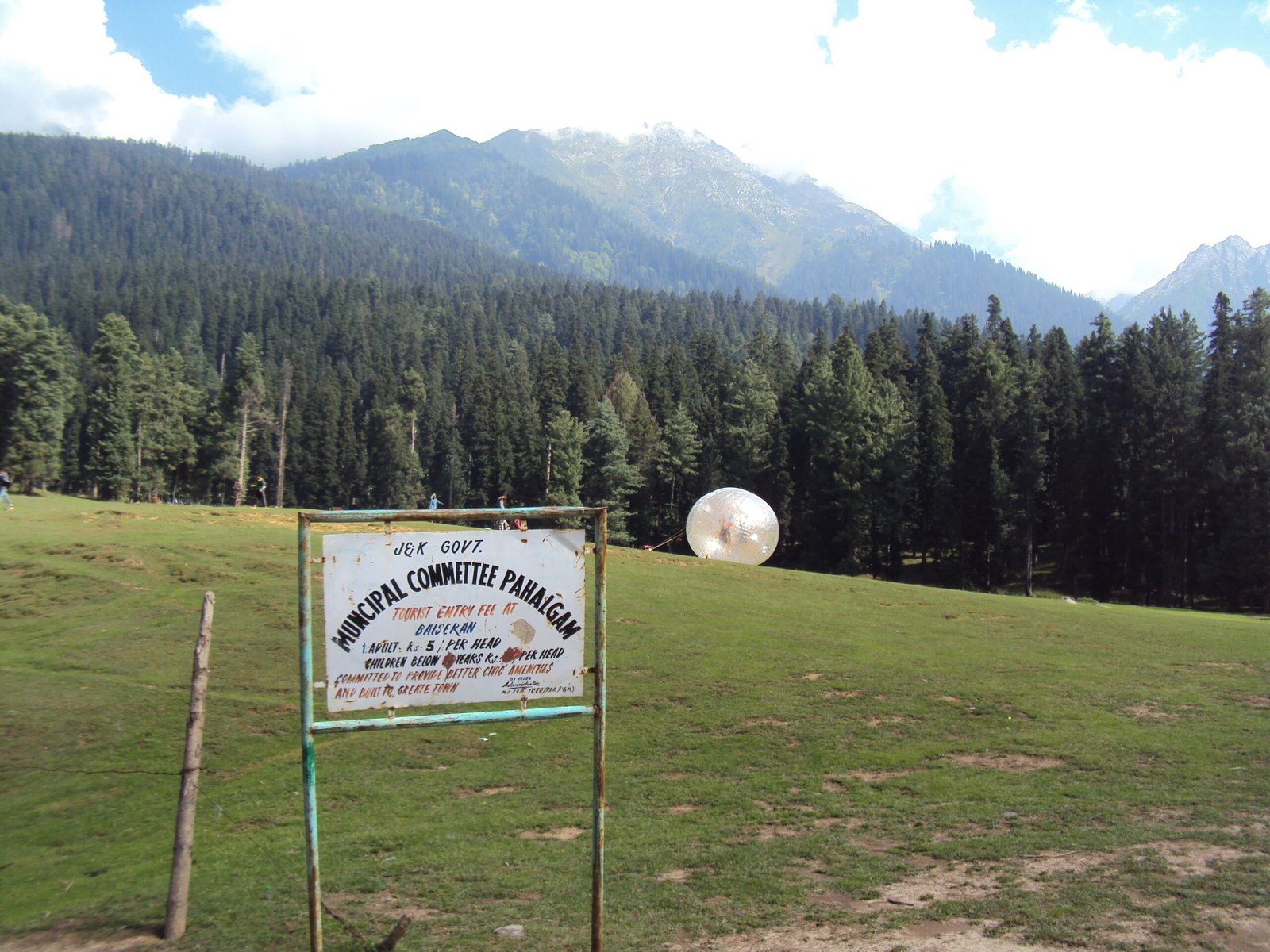In the wake of the brutal terror attack in Pahalgam that killed 28 tourists, India has launched a multi-pronged response aimed at holding Pakistan accountable. The government has formally accused Pakistani-based groups of orchestrating the attack and announced a series of five significant actions with wide-ranging implications — both for regional stability and international diplomacy.

1. Suspension of the Indus Waters Treaty
India has suspended its participation in the Indus Waters Treaty, a historic agreement signed in 1960 with Pakistan under World Bank mediation. This move is unprecedented and considered India’s boldest water diplomacy decision to date.
India will now halt the flow of water from its western rivers to Pakistan unless further reviewed. Experts say this action could severely impact Pakistan’s irrigation and agriculture sectors, especially in Punjab and Sindh, which rely heavily on cross-border river waters.
2. Closure of Trade and Transit via Attari-Wagah Border
In a symbolic yet strategic move, India has shut down all trade and transit operations through the Attari-Wagah border, cutting off a vital commercial route between the two nations. This includes the Samjhauta Express cargo services and cross-border truck movement.
Pakistani traders and border economies are expected to face the brunt of this decision, as goods like vegetables, textiles, and medicine were regularly exchanged via this corridor.
3. Expulsion of Pakistani Nationals and Visa Holders
The Ministry of External Affairs has ordered the expulsion of all Pakistani visa holders in India, including students, artists, business delegates, and diplomats’ families. This includes over 1,100 individuals who will now be required to leave Indian territory within 72 hours.
This move sends a stern message and effectively cuts people-to-people contact — a channel often seen as a soft bridge in hostile times.
4. Downsizing of Diplomatic Missions
India has downgraded diplomatic ties with Pakistan by recalling half of its high commission staff from Islamabad and ordering a reciprocal reduction from the Pakistani mission in New Delhi. Official communication will now be maintained at the charge d’affaires level only.
This signals a freeze in bilateral diplomacy and severely limits backchannel talks, which were often seen as essential for de-escalation.
5. Global Blacklisting Push Against Pakistan-Based Terror Groups
India is submitting new evidence to international platforms like the United Nations, FATF, and Interpol, urging them to label specific individuals and terror outfits as “international terror threats.” This includes dossiers on the group believed to be behind the Pahalgam massacre.
Officials are also reaching out to allies such as the US, France, and Australia to lobby for sanctions, increased surveillance, and funding cuts to Pakistan’s terror-linked networks.
What These Actions Mean for Pakistan and the World
India’s latest steps go beyond regional anger — they carry global consequences for Pakistan:
- Water Pressure Builds: The suspension of the Indus Waters Treaty is a massive blow to Pakistan’s already-stressed water resources. Experts warn of crop failure, drinking water shortages, and energy disruptions if India diverts river flows.
- Trade Lifelines Snapped: With trade routes cut, Pakistani exporters, especially in border states, lose access to key Indian markets, impacting thousands of livelihoods and small businesses.
- Diplomatic Choke: By downgrading diplomatic ties, India has effectively paused all bilateral dialogue — a scenario that could further isolate Pakistan on the global stage, especially if other countries align with India’s narrative.
- Global Scrutiny Increases: With India pushing for terror listings and sanctions, Pakistan risks FATF scrutiny once again. A return to the FATF grey list or worse could harm Pakistan’s ability to borrow from global institutions like the IMF and World Bank.
- Geopolitical Shift: India’s firm stance, backed by its diplomatic weight, may trigger policy recalibrations by major powers. Many countries are now watching how Pakistan responds and whether it takes tangible steps against terror infrastructure.
PM Modi and Foreign Minister Jaishankar Lead Global Outreach
Prime Minister Narendra Modi, currently on a diplomatic visit to Europe, has briefed leaders in France and Germany on the situation. MEA officials confirm that India has sought joint statements condemning the Pahalgam attack and is exploring coordinated counter-terrorism initiatives.
Foreign Minister S. Jaishankar has also reached out to his counterparts in the United States, Australia, and the UAE, urging them to support India’s evidence-based dossiers at the UN and other multilateral bodies.
This strong and coordinated Indian response signals a major diplomatic shift and has already started reshaping conversations on terrorism, sovereignty, and accountability in South Asia.
What happened in Pahalgam in 22nd April

